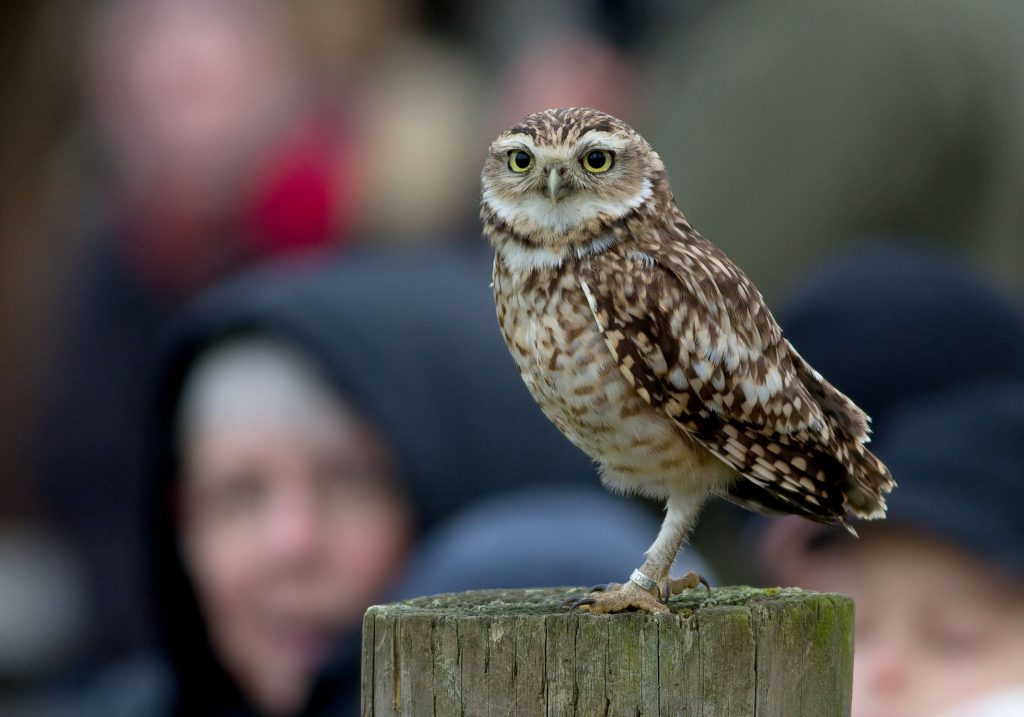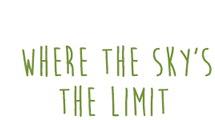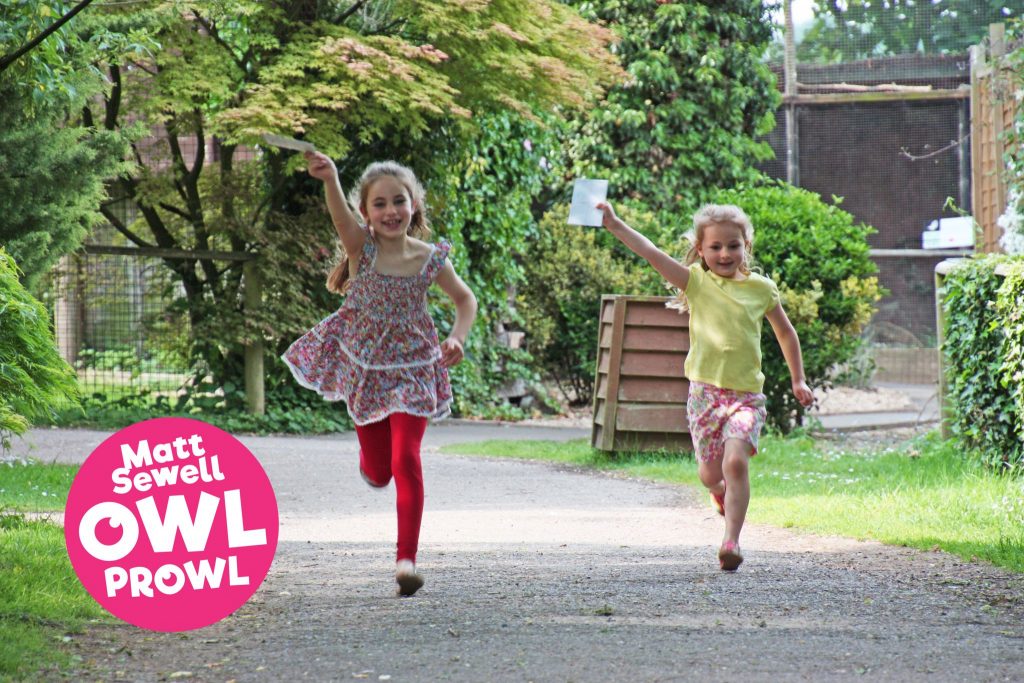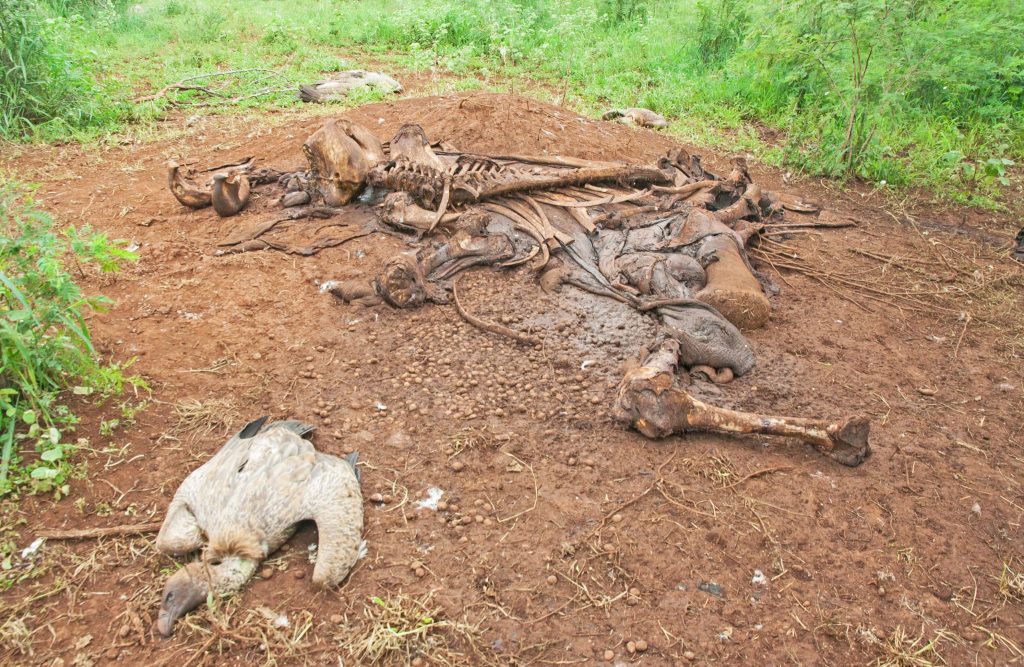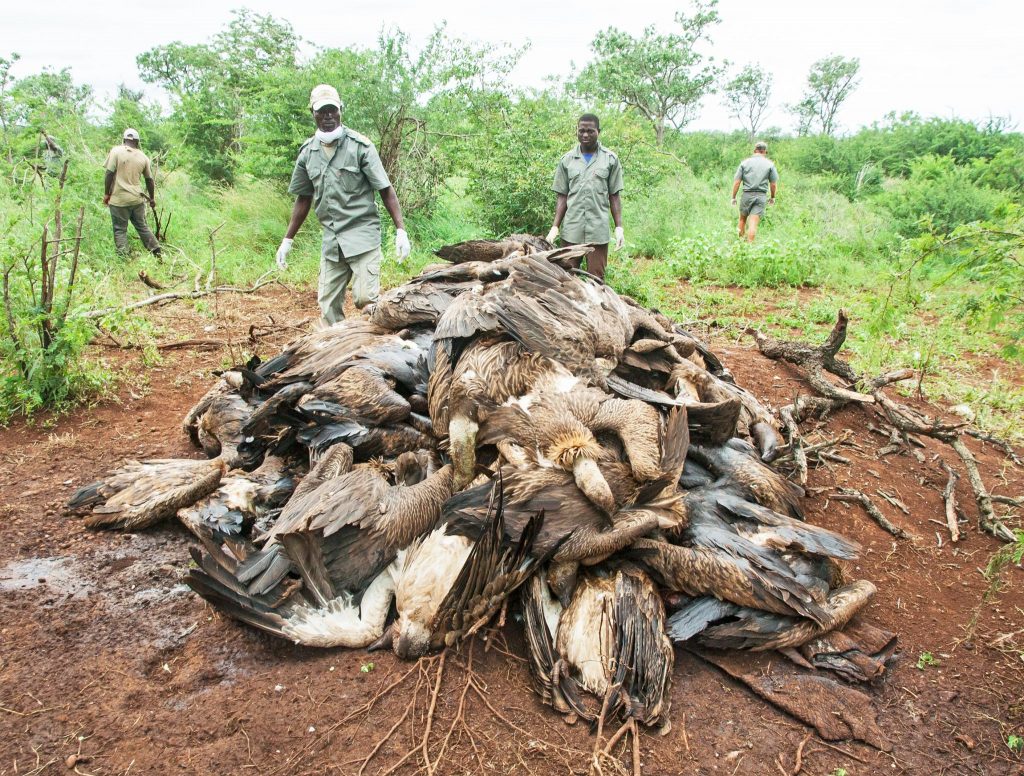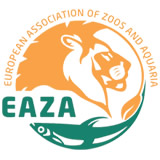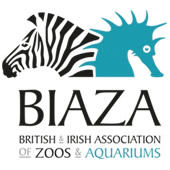Rewilding has become a popular term these days in conservation and is not only important for the natural world but also vital for children. Giving them the opportunity to be in the presence of wild and beautiful creatures helps develop a connection to nature and to their own wild side. Children can flourish in this environment and not only is it good for them we hope it may inspire a passion to protect our wildlife and wild environments.
Now is the perfect time for you to get your children outside and immersed in nature. On top of our full daily timetable (including three spectacular, world-class flying displays), we will be introducing a number of new attractions this year to inspire this passion in children.
Easter Inspiration
Madeleine’s Adventure Playground
Our new and fun bird of prey themed adventure playground opens at Easter where children can use up any extra energy and play happily and safely – featuring an owl rope swing, a Secretary Bird’s nest swing, a bird’s nest with a climbing net, fireman’s pole, wobbly bridge and slide – and lots more bird of prey inspired fun.
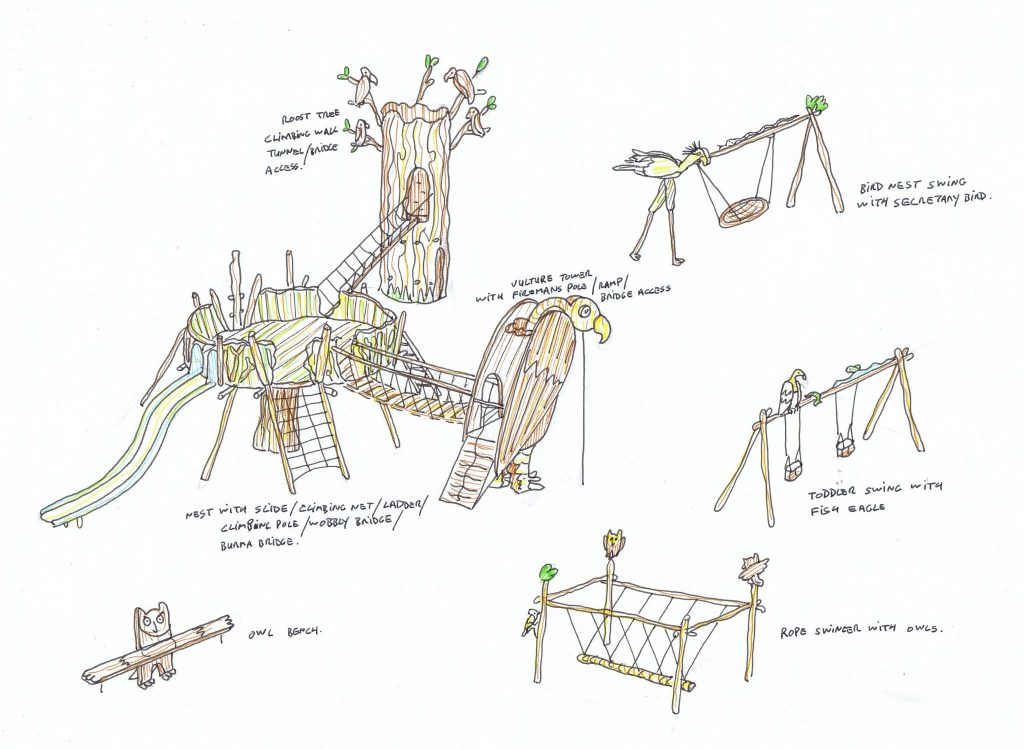
New Children’s Activity Trail
Look out for the brand new Children’s Activity Trail which is based around the work of wildlife artist Matt Sewell (https://www.mattsewell.co.uk/). The trail has been designed for all ages and the aim is to find the birds pictured on your activity sheet, which not only includes fantastic illustrations by Matt but also lots of fascinating information about each species to keep the children intrigued. For older children there are also questions to answer if they are inspired. Everyone who attempts the trail will receive a badge to show they have completed it.
The trail is free for children as part of a day admission to the Trust
May Half Term
Meet the Burrowers
Come and meet our cute Burrowing Owls, new residents at the Hawk Conservancy Trust. You can get up close and find out all about these small, long legged owls from the prairies and grasslands of North and South America.
Intrepid visitors are invited into a tunnel running through the aviary of the Burrowing Owls. From this tunnel you can peep through cleverly cut peep holes to watch the Burrowing Owls in their aviary, which is designed to replicate their natural habitat. The natural habitat of a Burrowing Owl is the prairie and you will see how our owls are completely at home here. The tunnel provides a sense of how the owls live, and will also display information about the owls and their daily habits.
This is experience is included as part of a Day Admission
Meet the Burrowers VIP Experience
Get even closer to the owls with our VIP Meet the Burrowers Experience. Guests will be invited into the ‘burrow’ and an expert member of our team will tell them all about the life, habits and habitat of Burrowing Owls whilst encouraging the owls to move freely amongst the guests. Hang on to your hats as the owls can fly very close and sometimes are daring enough to land on a visitor’s head – be prepared for unexpected encounters. The VIP experience takes place every day at 12.15pm.
£19.50 per person and can be pre-booked or booked on the day subject to availability via our shop or online. Normal admission fees apply.
